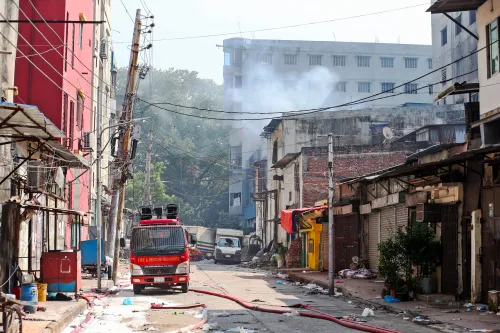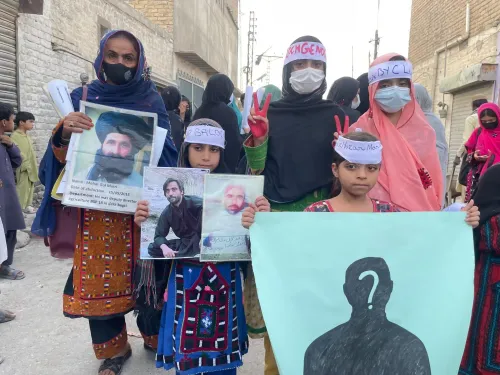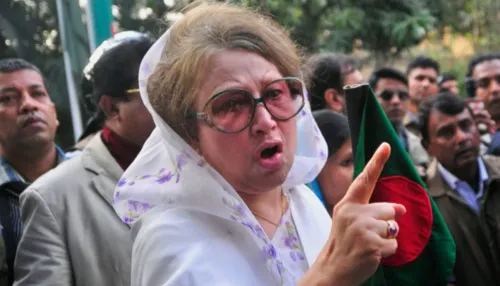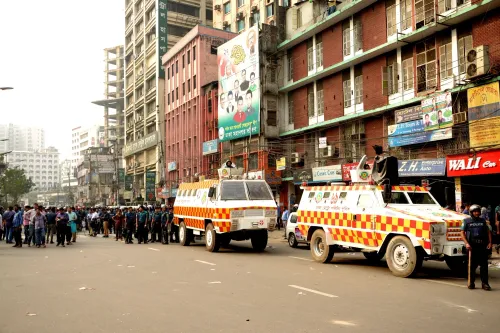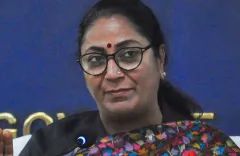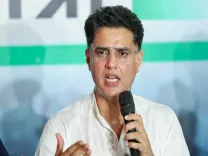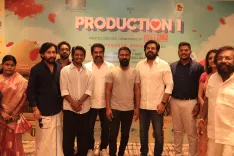How Are India and Saudi Arabia Strengthening Their Bilateral Ties in the Chemicals and Fertilisers Sector?
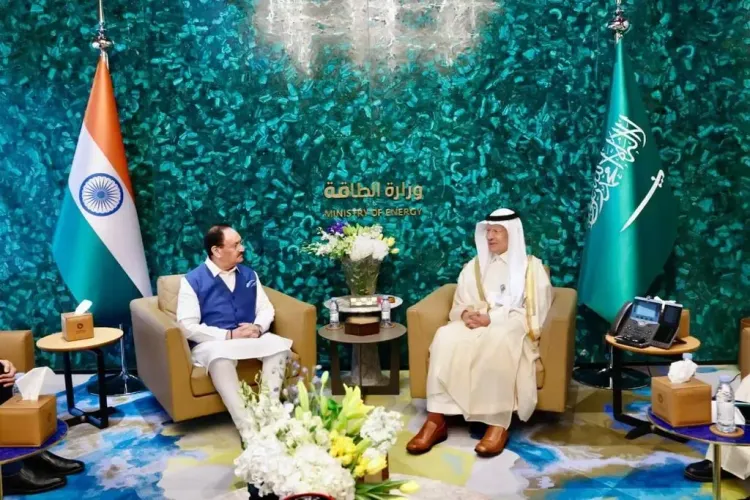
Synopsis
Key Takeaways
- Strengthened bilateral ties between India and Saudi Arabia in the chemicals and fertilisers sector.
- Significant agreements for DAP fertiliser supply signed.
- Focus on mutual investments in agriculture and health sectors.
- Commitment to enhance India's fertiliser security.
- Collaboration on customised fertilisers for improved agricultural productivity.
New Delhi, July 14 (NationPress) Emphasizing the robust economic partnership between India and Saudi Arabia, the visit of Union Health and Chemicals and Fertilisers Minister JP Nadda to Dammam and Riyadh aimed at boosting bilateral collaboration in the chemicals and fertilisers industry, as per an official announcement.
Nadda led a distinguished delegation during the two-day official trip over the weekend. He engaged in discussions with the Saudi Minister of Industry and Mineral Resources, Bandar bin Ibrahim Al Khorayef, in Riyadh regarding strategies to fortify ties in fertilisers, petrochemicals, and pharmaceuticals.
They witnessed the signing of significant long-term contracts between Maaden and several Indian firms — IPL, KRIBHCO, and CIL — for the annual supply of a total of 3.1 million metric tonnes of Diammonium Phosphate (DAP) fertiliser for five years starting from 2025-26, with an option to extend for another five years by mutual agreement, the official statement noted.
For the fiscal year 2024-25, India's imports of DAP fertiliser from the Kingdom of Saudi Arabia reached 1.9 million MT, marking a significant increase of approximately 17% compared to the 1.6 million MT imported during FY 2023-24.
Both nations reaffirmed their dedication to expanding the scope of their bilateral relations to include other essential fertilisers such as urea, in addition to DAP, aiming to further bolster India's fertiliser security.
The ministry reported that discussions also revolved around facilitating mutual investments, emphasizing opportunities for Indian Public Sector Undertakings (PSUs) to invest in the Saudi fertiliser sector, as well as attracting Saudi investments into India.
In addition, the leaders explored avenues for collaborative research, particularly in developing India-specific customized and alternative fertilisers to improve agricultural productivity and sustainability.
Nadda also participated in a bilateral meeting with His Royal Highness Prince Abdulaziz bin Salman Al Saud, Minister of Energy in the Kingdom of Saudi Arabia and co-chair of the Economy and Investment Committee of the Strategic Partnership Council between India and Saudi Arabia, discussing methods to enhance economic cooperation between the two nations.
Furthermore, he met with Abdulaziz Al-Rumaih, Saudi Vice Minister of Health in Riyadh, where they explored ways to strengthen collaboration in the medical sector, health services, pharmaceuticals, digital health solutions, and knowledge exchange. They highlighted the importance of the bilateral MoU on health signed during the recent official visit of Prime Minister Narendra Modi to Saudi Arabia.

